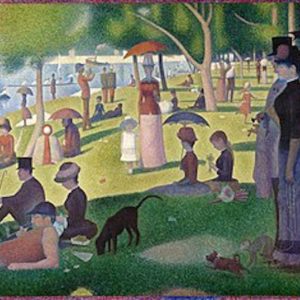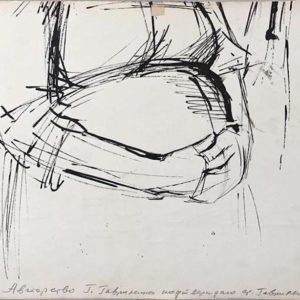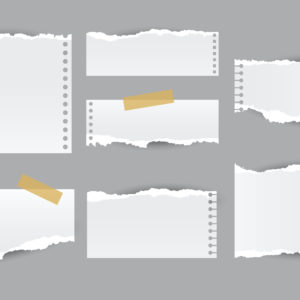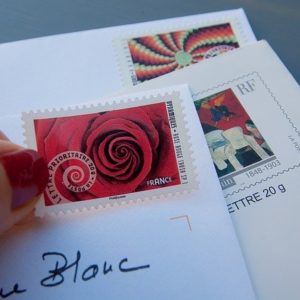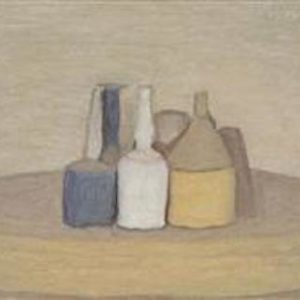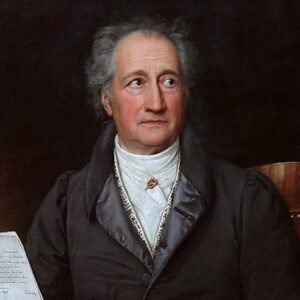
Goethe and Eckermann
What I’ve been reading is the account of many long and short conversations between Goethe and a person named Johann Peter Eckermann, who was a youngish literary-minded fellow who sent Goethe some of his writing, writing that was rather ass-kissy in its love of, and reliance on, a Goethian way of thinking, and so Eckermann sent Goethe some of this Goethe-worshiping writing and Goethe, unsurprisingly, lapped it up and invited Eckermann to come and visit him at his fancy house in Weimar.



